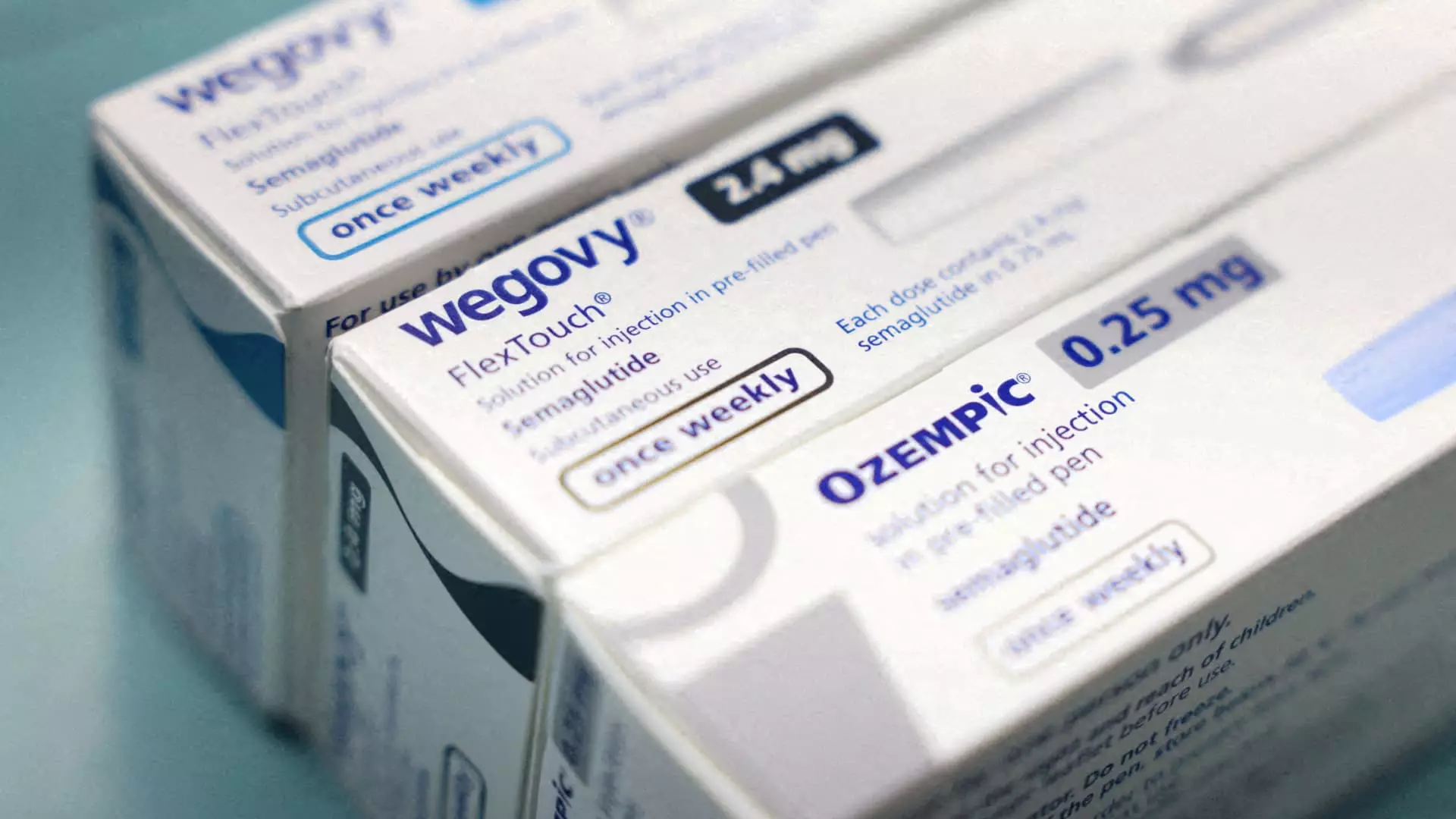The Resolution of a Long-Standing Drug Shortage: Implications for Patients and the Pharmaceutical Market

The landscape surrounding weight loss and diabetes treatments has recently undergone a significant shift with the U.S. Food and Drug Administration (FDA) announcing the resolution of a prolonged shortage of Novo Nordisk’s two prominent medications: Wegovy and Ozempic. For over two years, patients in the United States faced difficulties accessing these critical injectable drugs due to skyrocketing demand. This article explores the ramifications of the FDA’s declaration, addressing both the pharmaceutical industry’s response and the challenges faced by patients.
The End of a Prolonged Shortage
The FDA’s recent announcement comes as a relief after a challenging period characterized by limited availability of semaglutide, the active ingredient in both Wegovy and Ozempic. The shortage was largely driven by an unexpected surge in demand, which prompted Novo Nordisk to ramp up its production capabilities. This strategic push was not only essential for meeting current patient needs but also necessary to prepare for anticipated future demand. With FDA approval confirming that Novo Nordisk’s supply chain can now adequately meet the market’s needs, this could signify a turning point in the accessibility of these medications.
Novo Nordisk’s stock experienced a noteworthy increase of approximately 5% following the FDA announcement, signaling strong investor confidence in the company’s restored ability to meet demand. On the other hand, the share prices of companies like Hims & Hers, which had relied on compounded versions of these drugs, suffered significant losses—dropping over 25%. This dramatic contrast illustrates the shifting dynamics of the pharmaceutical market, where companies that depended on the absence of FDA-approved versions now face uncertainty.
Additionally, the FDA’s ruling poses a challenge for compounding pharmacies that provided unapproved, often less expensive alternatives to desperate patients during the shortage. With the announcement that these compounded versions must cease production within 60 to 90 days, many patients may find themselves struggling to access affordable treatment options. This underscores a pressing need for a comprehensive discussion about the implications of such a regulatory landscape on healthcare access.
The Importance of FDA Approval
The FDA’s endorsement of Novo Nordisk’s supply capability not only signifies a resolution to the shortfall but also emphasizes the importance of using FDA-approved medications. Novo Nordisk’s executive vice president of U.S. operations, Dave Moore, articulated concerns regarding the risks associated with unapproved medications, which may pose significant health dangers to patients. The FDA’s decision reinforces the critical nature of patient safety and reliability in accessing necessary treatments.
Moreover, with the FDA’s IP-focused approach towards compounded medications, there is potential for enhanced trust among patients and prescribers in the long-term efficacy and safety of approved drugs. This could eventually shift attitudes towards weight loss and diabetes treatment options available in the market, creating a pathway for broader acceptance of FDA-sanctioned medications.
Despite the hopeful news, several challenges remain for patients reliant on Wegovy and Ozempic. Notably, while Ozempic is often covered by health insurance, Wegovy, primarily aimed at weight loss, is not universally covered—particularly by Medicare and other insurance programs. This discrepancy highlights an inherent inequality in healthcare access, particularly for patients seeking help for weight management, which, ironically, could lead to broader health complications if left unaddressed.
Moreover, even with the resolution of the shortage, practitioners and patients may still experience sporadic supply chain disruptions, which the FDA has openly acknowledged. This uncertainty can foster anxiety among patients eager to begin or maintain treatment regimes, calling into question the stability of their ongoing health management.
The Future of the Weight Loss Drug Market
As Novo Nordisk prepares for increased competition from Eli Lilly and other players entering the burgeoning weight loss drug market—a sector analysts estimate could surpass $150 billion annually by 2030—the stakes are undoubtedly high. The FDA’s resolution has not only positioned Novo Nordisk to reclaim market share but has also illuminated the evolving landscape of diabetes and weight loss treatment options.
While the FDA’s announcement signaling the end of the Wegovy and Ozempic shortage is a positive step, it also presents a complicated pathway forward for both patients and the pharmaceutical industry. As the landscape continues to evolve, stakeholders must remain aware of the implications of such regulatory changes, ensuring that patient health and safety remain at the forefront of pharmaceutical innovation.





